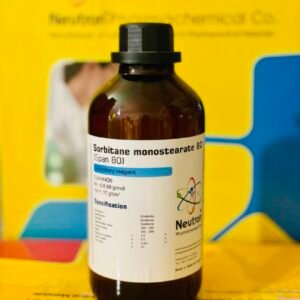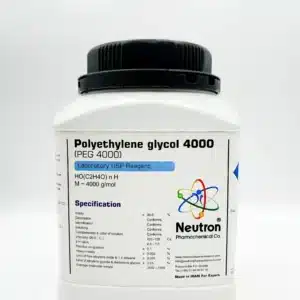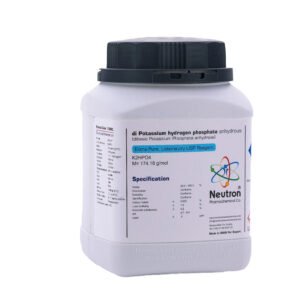منیزیم سولفات هپتا هیدرات
| Formula | MgO4S*7H2O |
| Chemical formula | MgSO4*7H2O |
| Density | 1.68 g/cm3(20 °C) |
| Molar mass | 246.48 g/mol |
| Bulk density | ~900 kg/m3 |
| CAS number | 10034-99-8 |
| HS Code | 28332100 |
| EC number | 231-298-2 |
| Storage | at +5°C to +30°C |
| SDS | available |
| RTECS | OM4508000 |
| Odour | odourless |
| Form | solid |
| Color | colourless |
| p H | 5.0-8.0 (50g/l 25 °C) |
| Solubility in water | 710 g/l (20°C) |
| Vapour pressure | low |
| Thermal decomposition | 1124 °C |
| Assay | 98.0 – 100.5 | % | |
| Description | Conforms | ||
| Identification | Conforms | ||
| Solubility | Conforms | ||
| Insoluble matter | Conforms | ||
| p H | 5.0 – 9.2 | ||
| Chloride | ≤ | 0/014 | % |
| Loss on ignition & drying | 40.0 – 50.0 | % | |
| Iron | ≤ | 0/0005 | % |
| Heavy metals | ≤ | 0/001 | % |
Magnesium sulfate (or magnesium sulphate) is a chemical compound with the formula MgSO₄, consisting of magnesium cations Mg²⁺ (20.19% by mass) and sulfate anions SO₄²⁻. It is a white crystalline solid, soluble in water.
🧪 Uses
Externally, magnesium sulfate is commonly used in bath salts, especially for foot baths to relieve sore feet. It is also claimed to help with muscle pain and recovery. Proposed health benefits include treating treatment-resistant depression, migraine, chronic pain, asthma, and conditions like preeclampsia and eclampsia.
In isolation tanks, concentrated magnesium sulfate solutions are used to raise water density (to ~1.25–1.26), allowing a person to float easily and reduce sensory input.
Magnesium sulfate is used to add magnesium and sulfur to soil, especially for potted plants and magnesium-hungry crops like potatoes, tomatoes, carrots, peppers, lemons, and roses. It dissolves easily in water, allowing for foliar feeding, and is nearly pH neutral, so it doesn’t significantly alter soil pH.
Despite popular beliefs, magnesium sulfate does not help with pest control, seed germination, flower production, or improved nutrient uptake. Its only proven benefit is correcting magnesium deficiency. Overuse can pollute water.





